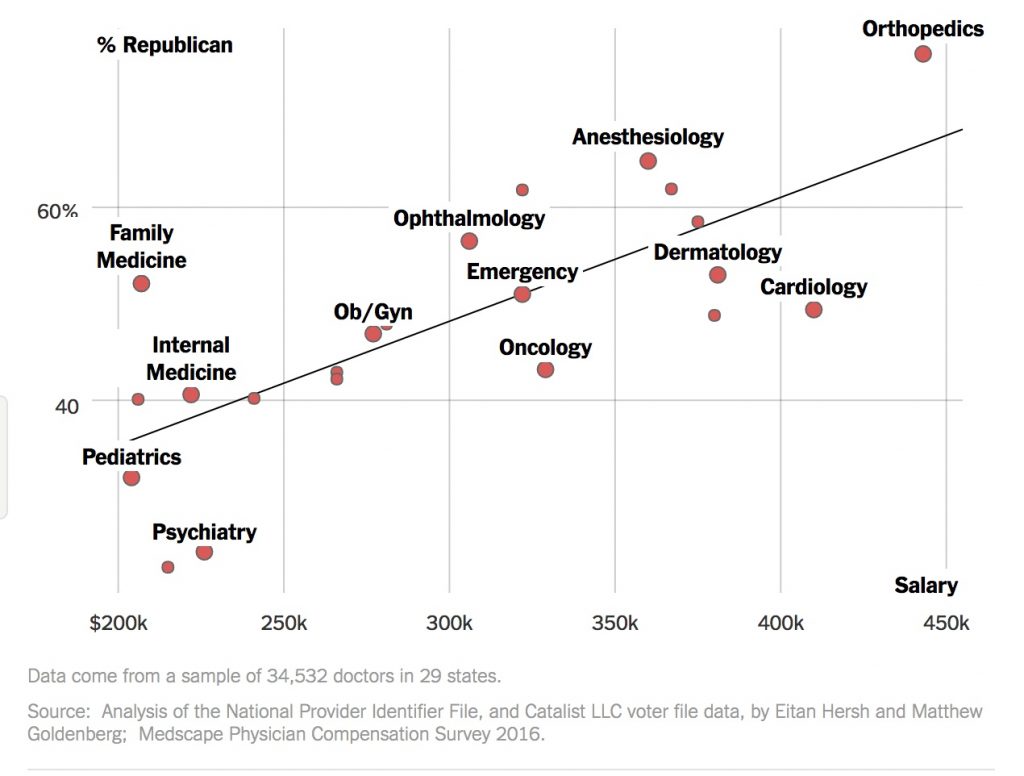Michael Lind of _New America_ has a Theory about why politics is so screwed up. It’s worth quoting in extenso:
Science fiction traditionally has had the task of providing us with alternative visions of the future. For the most part, it has done a terrible job. The main reason for its failure is that it assumes global uniformity. …
In optimistic visions of the future, there is a liberal and democratic world government, or perhaps an interplanetary federation. In dystopias, there is a single global tyranny. … The assumption of uniform conditions in the world of tomorrow saves science-fiction authors and screenwriters the trouble of explaining the Sino-Indian dispute of 2345 AD, allowing them to concentrate on the plot and the main characters. But it is completely unrealistic.
…even in an industrialized world of wage workers and cities, the gaps between rich and poor regions are likely to remain enormous. Even as some backward areas catch up, innovative regions will shoot ahead. …
Great-power rivalry, demographic collapse, mass migration — three of the major forces reshaping the world — have been all but completely absent, both from classic science fiction and newer novels and movies that have shaped public consciousness. … Unfortunately, literary and cinematic visions of the future influence the way the public and the policymaking elite think about the future. This is particularly a problem for the left … Meanwhile, from the early 20th century to the early 21st, many centrist liberals have put their hopes in international institutions — the League of Nations, the United Nations, or, more recently, projects of trans-national regionalism like the European Union.
Today’s national populists are told that they are on the wrong side of history, by elites whose members claim to speak on behalf of an emerging world community. But maybe the populists and nationalists are on the right side of history and the elites have been duped by bad science fiction.
Well, in fairness, it isn’t nearly as creepy as blaming it all on international bankers or the Rothschilds …



